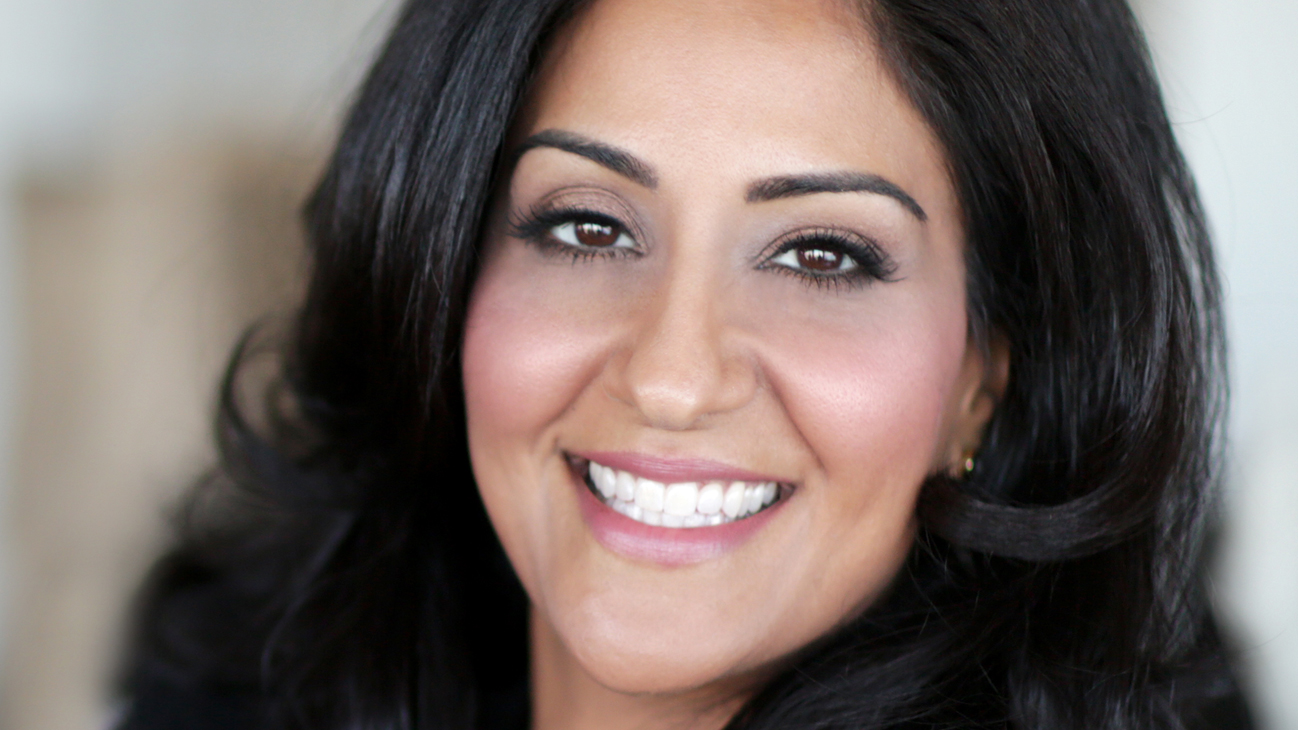Are your holiday events sometimes shadowed by looming conflict? Do you dread running into THAT person at your holiday event? Do you struggle balancing your family’s holiday schedule? You’re not alone.
The busyness — and sometimes chaos — of the holiday season often creates a fine line between festive fun and festive fights. We asked Dr. Shimi Kang, an award-winning medical doctor and researcher as well as an expert on human motivation and relationships, on how we can better handle some of the common conflicts that pop up over the holidays with ourselves, our partners, and our families.
How can we best prepare ourselves to handle tense situations over the holidays?
Take care of yourself — simple but easily forgotten advice from Dr. Kang. It doesn’t take much disruption in our schedule for people to quickly give up exercise, meal planning, and/or other regular self-care routines. This is never more apparent than over the holiday season as we try to cram in more in the same amount of time. Suddenly, shopping, gift-wrapping, holiday parties, and prepping for big family meals take precedent over our regular habits. The result is too much stress-related adrenalin and cortisol without the balancing neurochemicals of serotonin and endorphin that we get from rest and exercise.
But, at such a busy and emotional time, it’s never more important to keep up with these healthy habits not only for our general well-being but also to ensure that we are more equipped to handle conflict if it arises. “To have more resilience to stress, keep up with your very basic health routine,” Dr. Kang says.
If you know you are walking into a tense situation, such as a family dinner bursting with unresolved conflict, Dr. Kang recommends that you prioritize sleep and stress relievers such as mindfulness and exercise. Do whatever you can to help yourself stay in a balanced state — if that includes self-care during the day, you need to find a way to include it. You will get a big dose of endorphins! And, remember to drink water instead of over-indulging in those sugary and alcoholic drinks. This will keep your mind and body alert when navigating tense situations.
It can be difficult enough to manage our partner’s and our own busy schedule under normal circumstances let alone over the holidays. How can we make this process easier?
Communication is key! To help ease conflict between competing events with your partner, Dr. Kang says it’s important to keep the communication channels open by using a collaborative and empathetic approach. She recommends the “sandwich method” of conversation where you sandwich an issue in between two positives. Here’s an example:
- Statement of empathy: “I really value your schedule and your priorities (or work, family, etc.)
- Issue: “However, there may be a conflict with our schedule.”
- Statement of collaboration: “Let’s sit down, and together I’m sure we can find a solution.”
This technique ensures that both partners’ schedules are given equal importance, which will help you work out scheduling issues without it turning into a fight.
Families and workplaces often want to connect over the holidays, but sometimes ongoing or unresolved conflicts can take over holiday events. Is it possible to set up some parameters to avoid that?
When you put a bunch of people in a room together who don’t usually hang out together — sometimes by choice — there is bound to be differences of opinion or issues that are brought up. If you know this is a possibility, Dr. Kang recommends three techniques to help mitigate potential conflict.
Set expectations early
If you are the organizer, you can be proactive about alleviating conflict. Set rules and expectations for the event and share these with your guests so they can plan accordingly. For example,
- If you, or others, get annoyed that people spend the entire evening on their phones, say in the invitation that this is a cellphone-free event.
- If you want your guests to arrive on time, state the exact time dinner will be served so people make an effort to arrive before then.
- If you know that there is some contention between your guests, acknowledge it in a private invitation by politely asking them to set their differences aside for an evening. For example, you could say, “It’s been a long time, I hope we can have a positive evening.”
Be transparent with your guestlist
People are always better when their prepared. Let them see your guestlist before the event so there is no surprise on the day.
Practice conflict strategies
You can’t control how other people behave, but you can control how you behave. A holiday party is never a good environment to engage in a heated discussion — you’re not going to solve anything over an eggnog — so, Dr. Kang recommends you fall back on these basic conflict strategies: avoidance, distraction, and the dolphin method.
Your first strategy is avoidance. If you aren’t the host, ask for the guestlist and plan ahead. Decide who you might want to spend time with that evening and use them as a means to avoid triggers.
If despite your best efforts, you still find yourself in a conversation with the wrong person, your next strategy is distraction. When the conversation starts to trigger you, change the subject again and again as needed and hopefully they will get the point.
If they still keep pushing you, Dr. Kang says to adopt the dolphin method. There are three types of people in a conflict situation — the tiger, the jellyfish, and the dolphin.
- The tiger is authoritarian, reactive, and aggressive. You don’t want to be this person at a holiday party. It would end up making everyone uncomfortable.
- The jellyfish is too flexible, and accepts the situation as is. You don’t want to give people the message that they are allowed to be rude to you.
- The dolphin is calm and strong, and acknowledges the situation but does not engage in a fight.
If a person crosses the line with you, be the dolphin by recognising it and ending the conversation. Dr. Kang suggests you say, “That’s interesting that you said that. I think this is something we need to discuss in private later,” and then walk away. It’s a quick way to shut down a conversation while making it known to the person that it’s not okay for them to provoke you.
I love how excited my kids are at the holidays, but sometimes it’s too much to handle. What can I do?
Be the dolphin parent! Adaptability is an important aspect of parenting at any time, but is even more crucial over the holiday season. The holidays are an extreme situation so give yourself permission to let some things go that you wouldn’t on a normal day, like eating sugary treats and going to bed late. By letting up on the littler things, it allows you to save up energy to stay firm on core issues.
Dr. Kang also recommends that you involve your kids as much as possible both in the celebrations and the responsibilities of the season. Let them help you prepare for your big family dinner, let them choose their own gifts to give to others, etc. Help them learn the lessons of the season so that it isn’t just about gifts but also connection and giving back.
Dr. Shimi Kang is an award-winning Harvard-trained physician and global social entrepreneur. With over fifteen years of clinical experience and extensive research in the science that lies behind motivation and wellness, Dr. Kang shows people how to cultivate key 21st century skills such as communication, collaboration, creativity, and more, needed to flourish both professionally and personally.
Interested in learning more about Dr. Kang and what she can bring to your next event? Email us at [email protected].




